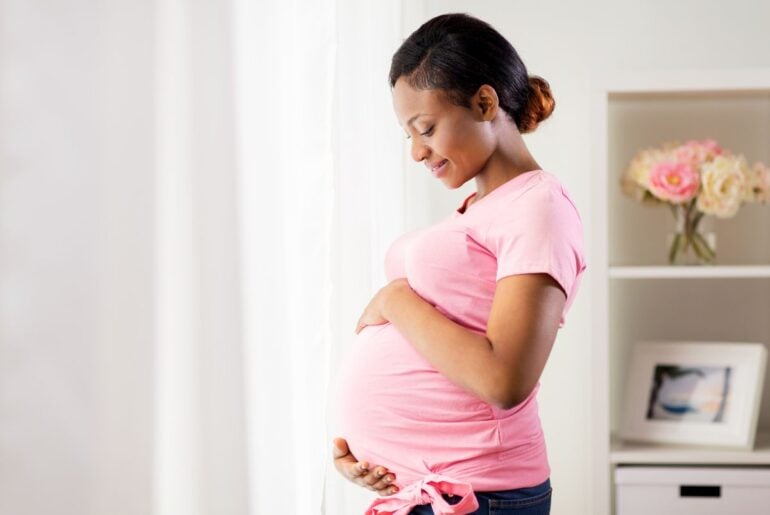Summer’s peak has arrived in the U.S. — and with it, the health challenges posed by a rise in extreme heat weather. Pregnant women face some of the highest risks when temperatures soar, making them especially vulnerable to heat-related health problems. Pre-term labor is one of the most concerning risks, which can be triggered after just one or two days of exposure to extreme temperatures.
The hidden danger of heat during pregnancy
Premature labor is not the only serious risk for expectant women during a heatwave. “Pregnancy-related diseases like pregnancy-related hypertension, preeclampsia, or even other events that are more rare have been associated with exposure to extreme temperatures,” said Dr. Stefania Papatheodorou, associate professor of epidemiology at Rutgers School of Public Health. “Our studies have shown that in general, exposure to extreme temperatures leads to smaller fetal size, and particularly the brain parameters.”
Pregnant women are urged to contact their doctor or midwife immediately if they show any concerning symptoms.
“If there’s headache, if there’s dizziness, that really is an immediate call to your health care provider and, or getting 911 involved,” said Jill Wodnick, a certified childbirth educator and assistant director of Maternal Infant Health Policy at Montclair State University. “Especially in the third trimester…never minimize that as a risk factor.”
Know your rights as a pregnant worker
Fortunately, there are some measures already in place to give pregnant women the support they need to stay safe and healthy. A Biden-era workers’ safety rule would become the first federal regulation specifically designed to protect workers from extreme heat both indoors and outdoors, though it’s not slated to be implemented until 2026. The good news? Pregnant workers are already covered, thanks to the passage of the Pregnant Workers Fairness Act (PWFA).
Here’s what you are currently entitled to as a pregnant employee under this act —
- Having a water bottle at your workstation
- Being able to sit instead of stand and take more frequent breaks to eat, drink or use the restroom
- Access to a fan or personal cooling device
- A change in work hours to avoid the hottest parts of the day
- Temporary reassignment to a job with less heat exposure or the ability to work remotely
As climate change continues to drive more frequent and intense heat waves across the U.S., protecting pregnant women from extreme temperatures has never been more critical. But by understanding the dangers, recognizing their early warning signs, and exercising their rights to reasonable work accommodations, expectant moms can better safeguard their own health as well as their baby’s health throughout the hottest months of the year.







